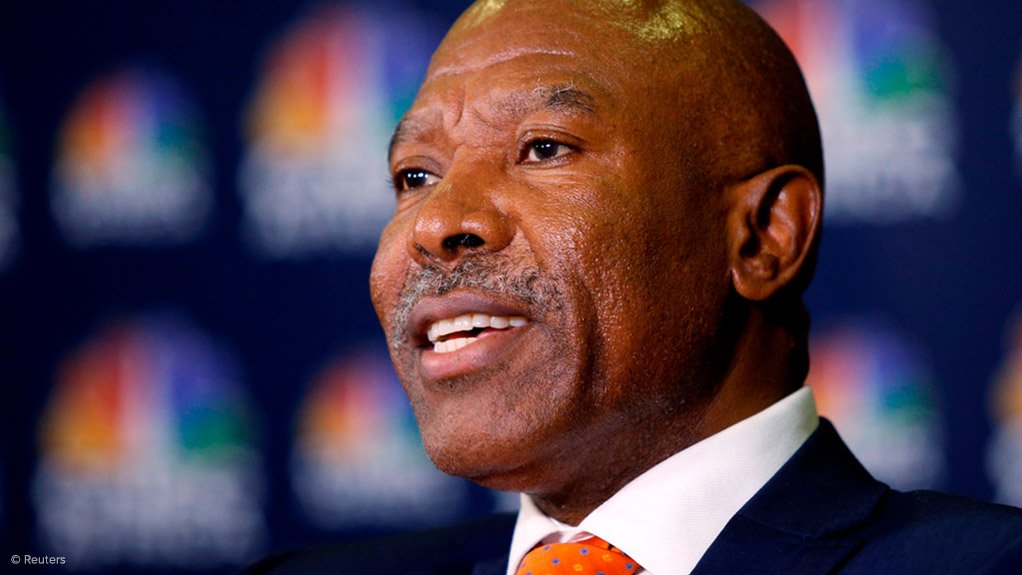The South African Reserve Bank (SARB) on Tuesday said it would take legal action to challenge Public Protector Busisiwe Mkhwebane’s recommendation that Parliament effect a Constitutional amendment to force the SARB to promote economic growth, rather than currency and price stability.
It said the recommendation fell outside her powers and was unlawful.
“The SARB has consulted its legal team and has been advised to bring urgent review proceedings to have the remedial action set aside and has resolved to do so,” the SARB said in a statement on Tuesday.
The proposed amendment would, if effected, strip the SARB of its key competency to protect the value of the currency and the well understood role that central banks play in securing price stability.
SARB Governor Lesetja Kganyago on Monday night stressed that keeping inflation low and protecting the value of the currency was supportive of South Africa’s economic growth.
Delivering the keynote address at the Centre for Education in Economics and Finance’s yearly banquet, in Johannesburg, he said the SARB would continue to honour its constitutional mandate and trust placed in the bank by South African society.
"Ratings agencies have been clear that the effectiveness of the central bank is one of the strongest pillars supporting this economy, a claim that speaks to both our price and financial stability mandates," Kganyago said.
He noted that, if the SARB could keep inflation lower, anchoring inflation expectations, it would generate a lower rate of interest to support the economy.
He stated that the country needed inflation targeting and said the bank’s framework to deal with inflation remained necessary and credible.
Kganyago noted that balanced growth required maintaining the value of the currency to enable both exporters and importers to engage productively in the economy.
“All of this is clearly in the interest of all South Africans and we implement this mandate through a flexible inflation targeting framework.
“We sometimes hear the objection that targeting inflation is bad for growth – that is, one part of our constitutional mandate conflicts with the other, and protecting the buying power of the rand is antidevelopment,” he said.
Kganyago pointed out, however, that low inflation was actually the ally of development as it “helps maintain the value of the money in your pocket.”
He stated that this was good for all South Africans, but especially the marginalised and poor – those without the information or power to protect themselves from inflation.
He explained that low inflation also helped maintain the competitiveness of South African goods and services in foreign and domestic markets, by moderating real exchange rate appreciation.
Further, he pointed out that low inflation produced lower interest rates.
“There is no long-term trade-off between growth or inflation. Keeping inflation low, protecting the value of the currency, is supportive of growth,” he said.
Kganyago also highlighted that South Africa had functioning institutions that delivered on their mandates.
He added that the country had sophisticated firms and markets, but conceded that there was always room for improvement.
“Nonetheless, these general positives help to maintain South Africa’s status as an upper-middle-income country,” he said.
EMAIL THIS ARTICLE SAVE THIS ARTICLE ARTICLE ENQUIRY
To subscribe email subscriptions@creamermedia.co.za or click here
To advertise email advertising@creamermedia.co.za or click here











